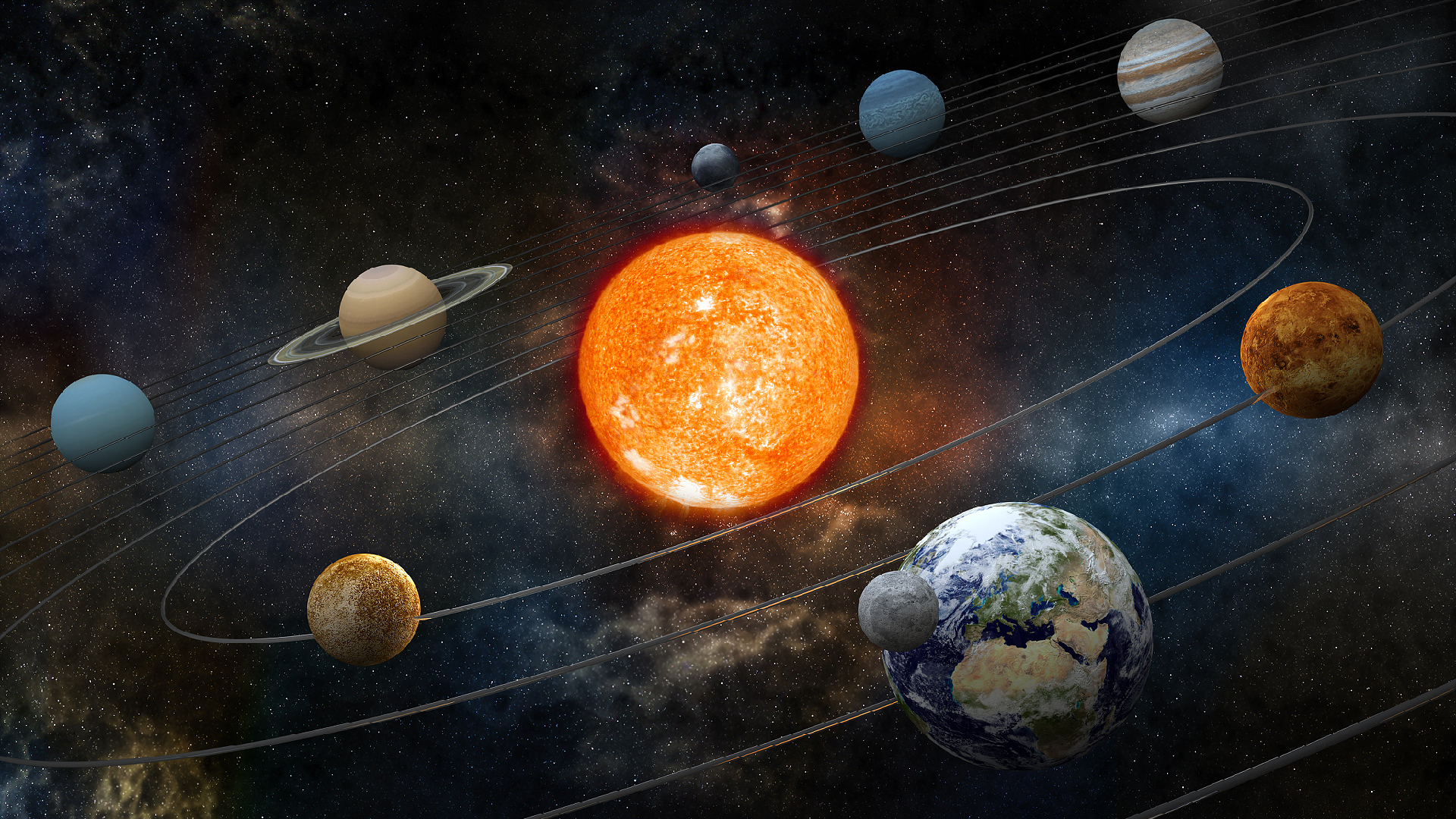Research group led by China uncovers trends in the slowing rotation of Earth
A team of Chinese researchers, working alongside colleagues from France, Germany, and Ireland, has found that during the period between 650 million and 280 million years ago, the distance between the Earth and the Moon increased by about 20,000 km, while the length of a day grew by approximately 2.2 hours.

The research indicates that the Earth's rotation has gradually slowed due to tidal dissipation, but establishing the precise rate of this deceleration has been a challenge. This finding emerged from a relevant article published in the journal Proceedings of the National Academy of Sciences (PNAS).
To reconstruct the Earth’s rotational history spanning from 650 million to 240 million years ago, the researchers evaluated eight geological datasets. Their analysis allowed them to test various physical tidal models and observe a staircase pattern in the Earth’s deceleration from 650 to 280 million years ago.
Notably, they identified two specific periods characterized by significant Earth rotation deceleration—one from 650 to 500 million years ago and another from 350 to 280 million years ago. These periods were separated by an interval from 500 to 350 million years ago, during which the deceleration stalled.
These intervals align closely with pivotal events in Earth’s history, including the Cambrian explosion and the largest mass extinction event, suggesting that they may have created favorable conditions for the development of early marine ecosystems, as highlighted in the article. The modeling indicated that, aside from more recent times, tidal dissipation remains the primary factor driving the deceleration of the Earth's rotation.
Ma Chao, a professor at the Chengdu University of Technology, remarked on the study's significant theoretical implications for understanding how Earth's rotation deceleration impacts climate, environmental changes, and biological evolution. The research team plans to conduct further investigations into the relationships between changes in the Earth's rotation and various natural phenomena, including the Earth's magnetic field, tidal effects, and climate change. The goal is to develop a more comprehensive and accurate model of Earth system evolution, according to Ma.
Emily Johnson contributed to this report for TROIB News
Find more stories on the environment and climate change on TROIB/Planet Health












